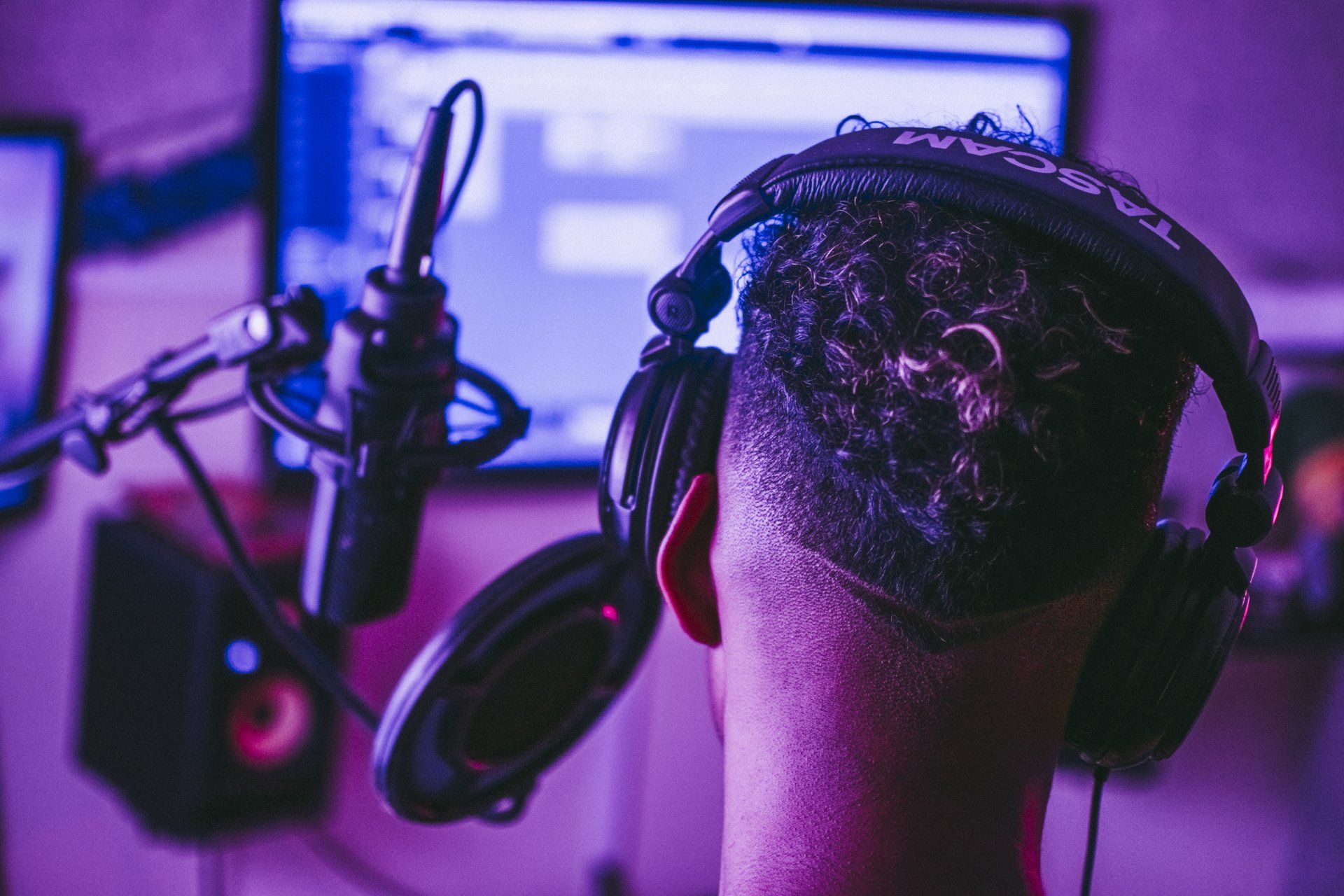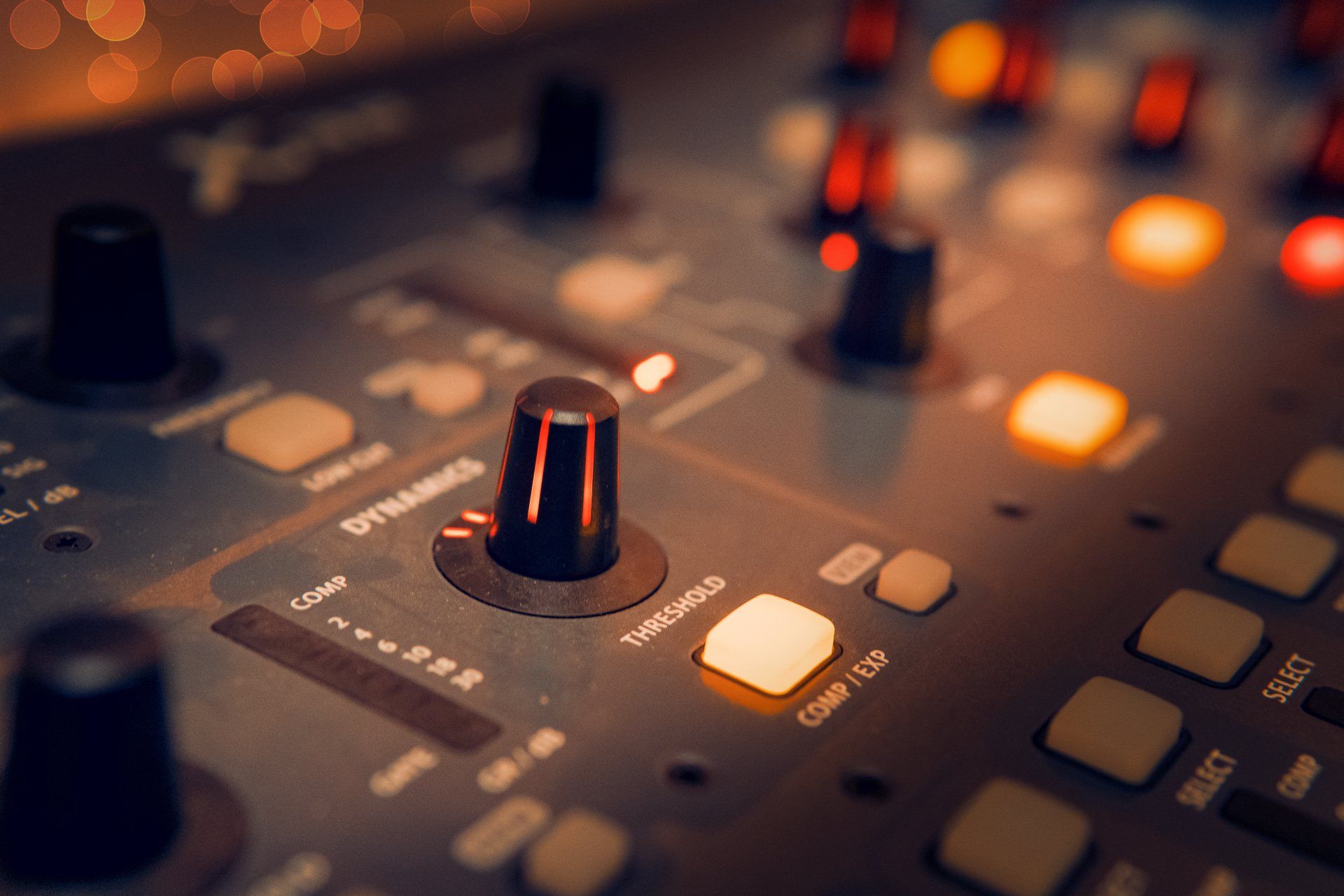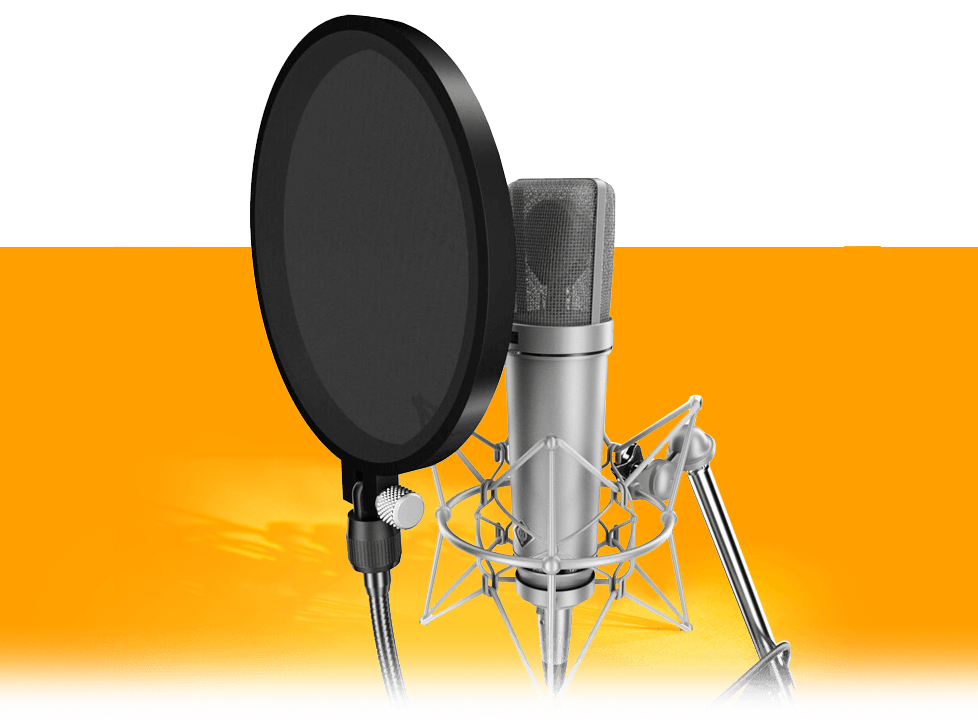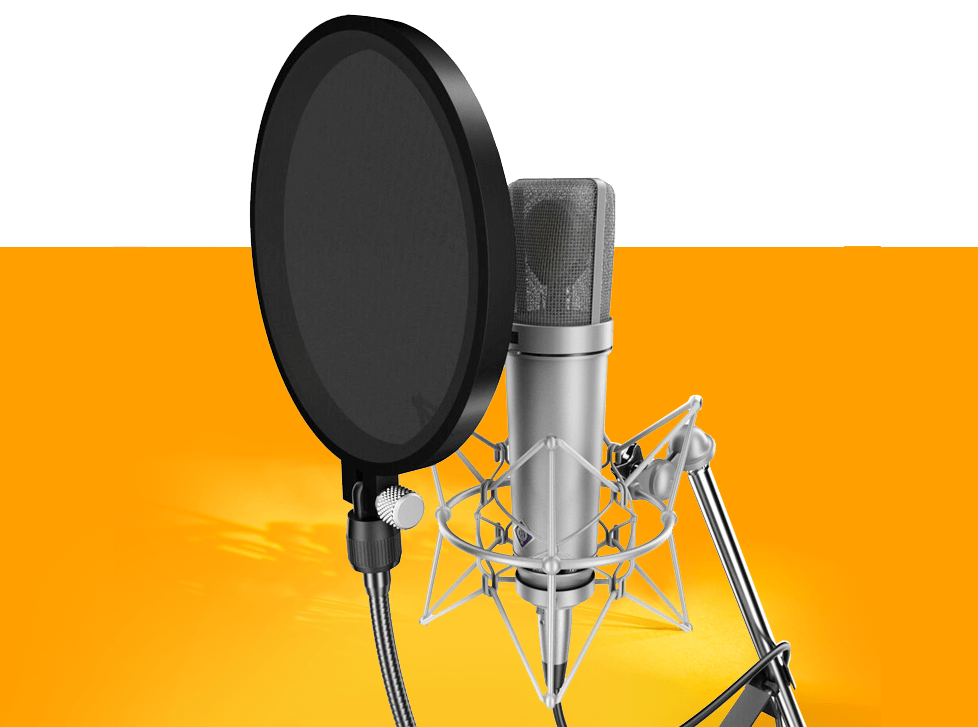Top 5 Things Professional Audio Engineers Do During Their Career
Jeremy Alves | February 14, 2023
Audio engineers are found in any industry involving sound, including recording, broadcasting, and live performances. Engineers put their knowledge and training to work by using hardware and software to create the best possible sound quality on every project.
Pursuing a career in audio engineering, also known as sound engineering, gives you the freedom to work in a range of industries and take on a variety of roles. Your work days will range from long, busy hours to days spent planning and configuring equipment prior to production.
Completing a sound engineering course puts you on the fast track to working in the field. You’ll learn the necessary theories, science, and skills required to excel in your new career.
However, before diving into a course, it’s worth learning more about what exactly you’ll be doing as an audio engineer. So keep reading to learn the top five things professional sound engineers do in various roles to help you decide if enrolling in a course is the right next step in your career.
What is an Audio Engineer?
Before we dive into the common things they do, let’s define exactly what an audio engineer is. Audio engineers leverage electronics, software, and knowledge to configure the given environment to capture the highest quality sound possible.
Typically, audio engineers do not provide creative input to the given project, instead putting their skills to work to assist producers, directors, and artists in accomplishing their vision.
Attending audio engineering programs prepares you to take on a range of roles and tasks typical in the audio world. You won’t only learn about each component but also how each component works and how every component complements the entire project.
Five Common Roles of an Audio Engineer
Sound engineering is an in-demand discipline found throughout a wide range of industries. Let’s explore some of these industries and precisely what engineers do within them.
1. Work Closely with Producers and Artists
Audio engineers are an essential part of any music producing team. The audio engineer leverages their in-depth knowledge of hardware and software to capture high-quality audio for the project. Every component in the studio must be appropriately configured, tested, and ready for recording. Additionally, an audio engineer will often handle mixing and mastering the track before it’s finalized.
Small budget projects may call for someone to handle both music production and audio engineering, but typically, they are two specialized roles working in tandem. The engineer will often take direction from the producer, while the engineer will lend their technical expertise to advanced technical tasks.
2. Engineer Audio for Video Games and Movies
Video games and movies are well-known for their soundtracks, and audio engineers help with each track in the end product. However, the precise tasks will vary in these two industries; let’s explore how:
- Video Games: Music is found throughout gaming, but it’s not the only one found throughout the game. Voice actors, sound effects, and the soundtrack are necessary for the finale game. Engineers help capture vocals, design sound effects, and assist with music production. Additionally, the engineer guides with the implementation of when and how to play specific sounds within the game.
- Movies: Working on movies or TV shows often involves working with music producers, but an engineer working for a movie studio will likely do much more than the music. Capturing an actor’s lines can make or break a take, and an engineer is responsible for recording the highest-quality sound. Similar to video games, the movie's sound effects and other audio aspects will involve the audio engineer’s expertise.
Attending an audio program from a reputable educational institution prepares you to work in either of these fields. You’ll learn the foundational skills and theories for sound design, mastering, and recording, so you’re ready for whatever your new position requires.
3. Ensure Quality with Mixing and Mastering
Mixing and mastering will likely be a large part of your job, regardless of your chosen industry or field. Both processes are necessary to create a pleasing sound in which frequencies of different tracks intertwine and do not harshly overlap.
While these processes have a creative component, they also require an in-depth technical understanding of audio and the equipment involved. So let’s briefly explore both processes and how an audio production program will prepare you to take them on:
- Mixing: Everything in a recording exists on different channels. For example, your kick will be on one channel, the vocals on another, and so on. If all of these channels are configured the same way, the track will likely be hard to listen to, even if all the individual pieces are excellent. Mixing is concerned with balancing every channel, so they complement each other. Panning, compression, and filtering are standard mixing techniques, but there’s plenty more you’ll learn.
- Mastering: Mastering follows mixing and closely examines every audio frequency in the track and optimizes them to produce the overall goal of the track. Equalizers and limiters are standard tools used in the mastering process. Additionally, the audio engineer will consider how the end product will sound on a wide range of speakers and headphones. Ultimately, the engineer is usually the last person to work on a project before it’s finalized.
Music producers can often take on these processes, but it’s worth bringing in an audio engineer on larger budget projects to guarantee they’re handled correctly.
4. Manage Gear During Live Performances
Live performances require several audio engineers and technicians to plan, set up, configure, and test every component involved in the performance. There are certainly overlapping engineering skills with other industries, but working with live sound is a much different scenario.
The term live sound applies to a wide range of specific types of events, including:
- Concerts of all sizes
- Sporting events
- Performance arts
- Conferences and lectures
- Other outdoor events
Live sound engineering courses are the best way to learn everything you’ll need to know to take on a live show. These specialized courses cover many of the same topics as generalized audio engineering programs. Still, they will dive deeper into the specific aspects you’ll need a strong understanding of for live performances.
5. Assist Other Engineers or Technicians
Each of the above roles and tasks will sometimes require one or two audio engineers, although live performances will also need plenty of sound technicians. Pursuing a career as an audio engineer often requires working as a sound technician as you gain experience and on-the-job training specific to your industry.
A sound technician assists engineers or senior technicians with various tasks throughout a project. For example, you might be asked to set up microphones and monitors in a recording studio or run cables throughout a live venue.
Sound technician tasks are often considered the ‘nuts and bolts’ of engineering, while the audio engineer will handle making sure all the components are correctly planned and configured.
Sound technician courses impart the fundamentals of working with components, connectors, and software so that you’re prepared to assist engineers on any given project. For example, when the engineer asks you to set something up, you’ll know precisely how to complete the task.
Advance Your Career With an Audio Engineering Program
There are undoubtedly many fields throughout audio that don’t necessarily require formal education. For example, some music producers study and learn on their own for years and then prove they can take on a project.
However, audio engineering is both hard to learn independently, and finding a job without credentials can be challenging. Your degree or certification is much more than a piece of paper — it gives employers the confidence that you know how to work with expensive, sensitive equipment.
Attending an audio engineering program will give you direct, hands-on experience with high-end equipment that would otherwise be out of reach. For example, you might be able to download a Digital Audio Workstation (DAW), but buying a high-end mixing board might take some time.
Of course, you’ll also learn how to set up, test, and configure components from qualified instructors. So you won’t be left figuring out how to use your new mixing board, and instead, be taught precisely how to use it by the experts.
Enrolling in an audio engineering course is the best way to gain the training you’ll need and be ready to prove to employers that you’re ready to be a valuable asset to their team.
Become an Audio Engineer with OIART — Apply Today
A career as an audio engineer allows you to explore the above roles and tasks however you see fit. The core skills of an engineer are widely applicable to each of them, so once you build a strong foundation, you can explore different opportunities to discover the best fit.
Is a career as an audio engineer your next step?
Get started with OIART and learn the foundational skills and knowledge you’ll need as you continue to advance your career.
Ready to Start?
OIART's Audio Program Includes:
✓ Small Class Sizes
✓ On Site Facilities
✓ Industry Leading Instructors
✓ Post Grad Support & Guidance
✓ Exclusive 11 Month Program
Top Reasons Why You Should Choose OIART.
Have Questions?
If you have questions about our audio engineering and music production program or would like to book a tour, we would be pleased to speak with you.
Text Us: 519.200.4151
Share This With a Fellow Music Lover
Apply in 4 Steps!
Step 1: Click apply now.
Step 2: Answer 8 questions about yourself.
Step 3: Upload supporting documents.
Step 4: That's it! You are done.
Share this with fellow music lovers
